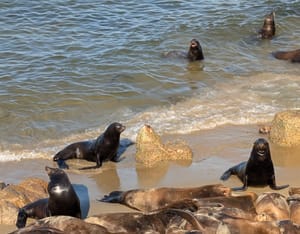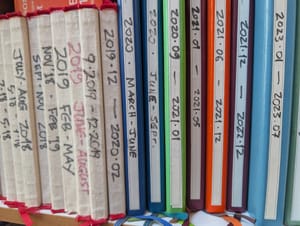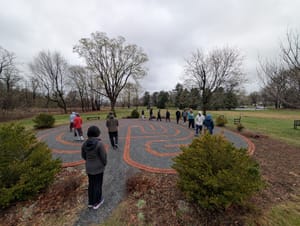Disaster survival tips from Andreas Ramos.
How to Recharge Your Cellphone with Common Batteries
1) Turn off your cellphone. Reserve battery power as much as possible. Turn down screen brightness, turn off vibrate, turn down sound.
2) To recharge a cellphone with ordinary batteries, cut the power supply cord near the charger. Strip the ends of the wire. Start with a 1.5v battery. If this isn’t enough to start the recharging display, add another 1.5v battery. If that’s not enough, add yet another 1.5v battery. If the cellphone requires 3v, two 1.5v batteries will work. If the phone requires 4.8v, three 1.5v batteries will work. Start low and add batteries.
3) If cellphone system is overloaded, use text messaging. Learn how to use text messaging (SMS). Add a friend’s email address to your cellphone’s contact list. Be sure it’s a friend who lives outside of your region.
How to Purify Water
1) If the water is cloudy, strain it. Take a tall plastic water bottle, cut off the bottom, invert to make a funnel, and stuff it tightly with clean cotton cloth, paper towels, etc. Strain the water over and over until it is clear.
2) Disinfect the water. Use regular, unscented Clorox liquid bleach. Four drops of Clorox in one quart of water. Use an eyedropper or a straw. Shake the water. Let it stand for 30 minutes. The water should have a slight chlorine odor. If not, add four more drops and wait another 30 minutes. Do not use crystal chlorine (for pools). This is poisonous.
3) Purify only enough water for 48 hours.
4) If you can boil the water, boil for at least one minute.
This removes bacteria and microorganisms from water. But it won’t remove chemicals. In floods (such as New Orleans), refineries and chemical plants were flooded and many chemicals were released into the water. If the water has a chemical smell (not the chlorine), don’t drink it.


